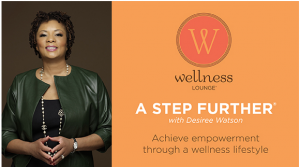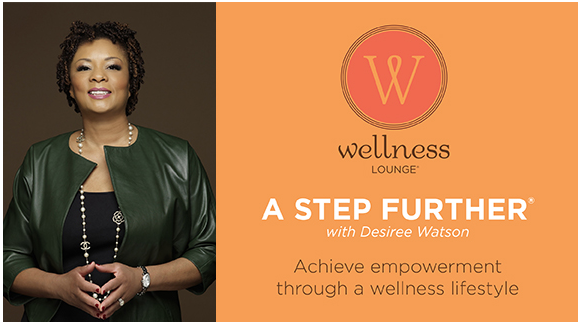Lost Parents: When High Conflict Divorce Leads to Parental Alienation
This is my latest article on the Huffington Post. It’s about Parental Alienation. I interviewed Dr. Bill Bernet on Independent Artists & Thinkers a few weeks ago.
The space of time sandwiched between Mother’s Day and Father’s Day can bring unique anguish for people whose children have become alienated from them through a high conflict divorce.
Parental alienation happens when a child becomes enmeshed with one parent, strongly allying himself or herself with that parent, and rejects the other parent without legitimate justification. These children are encouraged by one parent, the favored parent or alienating parent, to unjustly reject the other parent, the targeted parent. The children can fall prey to the alienating parent’s tactics as a means of escaping the conflict.
According to psychiatrist Dr. William Bernet, professor emeritus of Vanderbilt University and a researcher into the phenomenon, “Almost every mental health professional who works with children of divorced parents acknowledges that PA—as we define it—affects thousands of families and causes enormous pain and hardship.” (Parental Alienation, AACAP News, Sept 2013, pp. 255-256.)
Bernet and other researchers refer to eight criteria for diagnosing parental alienation, including a campaign of denigration against the targeted parent, the child’s lack of ambivalence, frivolous rationalizations for the child’s criticisms against the target parent, reflexive support of the alienating parent against the target parent, the child’s lack of guilt over exploitation and mistreatment of the target parent, borrowed scenarios, and the spread of the child’s animosity toward the target parent’s extended family or friends.
These criteria sound academic but their effect is exquisitely awful in the most human and primal way. The child basically constructs an alternate reality where the parent is some kind of monster. There’s no longer any sense of the parent as a human being with the ordinary nuances of the gray scale, or as a good-enough parent; the parent’s actions and statements are twisted, distorted, and massaged to “prove” that the parent is unworthy of contact.
Children will adamantly maintain that they themselves have compiled their list of rationalizations for the parentectomy in progress. This is called the independent thinker phenomenon.
For a parent who would willingly give his or her heart or liver to a beloved child who needs it, it’s a nightmarish turn of events. The pain is surreal, and it’s frequently heightened both by outright viciousness on the child’s part and by the child’s complete lack of remorse about the way he or she has treated the targeted parent. The child feels entitled to demonize the targeted parent and justified in doing so, and therefore entitled to behave with extreme nastiness toward the parent.
Amy J. L. Baker, PhD, one of Bernet’s research colleagues, writes about seventeen primary strategies used by the alienating parent to foster conflict and psychological distance between the child and the targeted parent.
These include poisonous messages to the child about the targeted parent in which he or she is portrayed as unloving, unsafe, and unavailable, such as, “your mother is a rage monster who shames you”; erasing and replacing the targeted parent in the heart and mind of the child, “you can trust mommy, she doesn’t judge and malign you like daddy does”; encouraging the child to betray the targeted parent’s trust, “how bad was daddy this weekend?”; and undermining the authority of the targeted parent, “your mom’s rules don’t apply, you don’t have to listen to your mother, do whatever you want.”
See the whole article here.
http://www.huffingtonpost.com/traci-l-slatton/lost-parents-when-high-co_b_7400462.html






